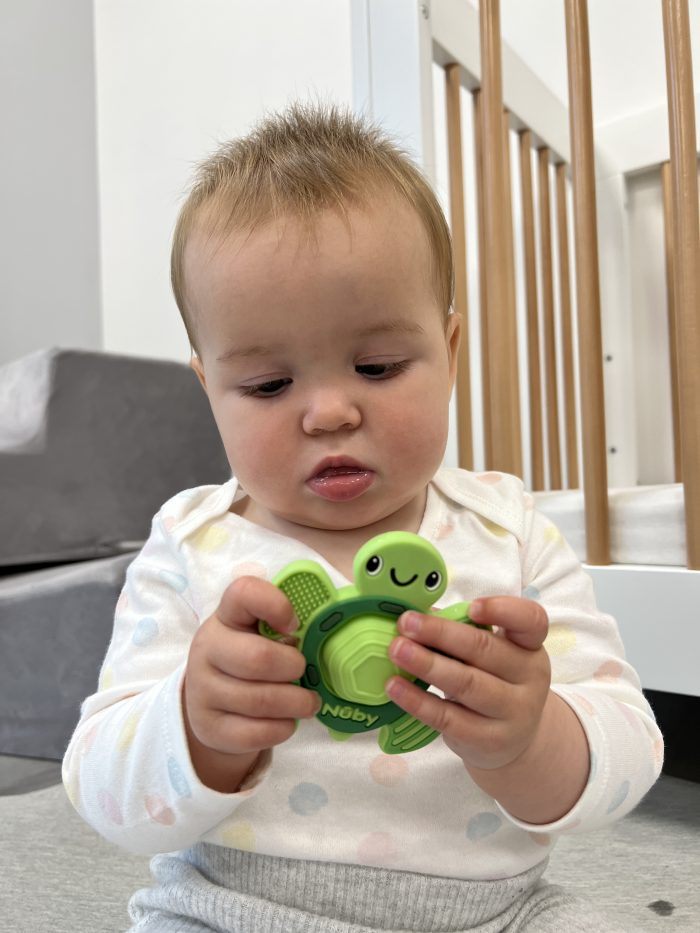Pregnancy and birth are life-changing experiences that can stir up a range of emotions from excitement and joy, to fear and anxiety.
Bringing a child into this world is a responsible task that can have quite an emotional toll on us. While depression is not something new mothers expect to experience, postpartum depression, as well as depression during pregnancy, are quite common.
Here is everything you need to know about it - and how to take care of your baby in the meantime.
What Is postpartum depression?
Postpartum, or post-natal, stands for the time after childbirth. It’s common that new mums will get the “baby blues”, evoking emotions of sadness and emptiness. These usually occur within a few days of giving birth and go away in three to five days.
Nevertheless, these emotions might last longer. If the feelings of emptiness, sadness, and hopelessness last for more than two week, you may have postpartum depression. It is a clinical form of depression that begins after the birth of a baby.
Symptoms include a persistent low mood, loss of interest in the wider world, lack of energy, trouble sleeping, a disconnection with your baby, and a fear that you don’t love or care for your baby. These feelings can be mild to severe.
It’s important to remember that experiencing postpartum depression is not your fault and doesn’t make you a bad parent. Depression is a condition that affects your brain and has an effect you on your behavioural and physical health. Its causes may be uncertain, but previous psychological issues, hormones, genetics, and the stresses of bringing up a child might contribute to it.
How long does postpartum depression last?
Postpartum depression usually starts as soon as you give birth, and is diagnosed after two weeks or longer of experiencing the symptoms.
There is no set timeline for postpartum depression, but it usually lasts from a couple of weeks to 12 months. It’s likely that the symptoms will ease with time, especially if you seek the right treatment.
Nevertheless, even with treatment, postpartum depression may be prolonged. That depends on several risk factors, including a history of depression or other mental health condition, a complicated pregnancy or delivery, lack of support, and other major life changes.
If you’re experiencing any of the depression symptoms after birth, you may be embarrassed to admit it, as you don’t want to appear as an incapable parent. Nevertheless, it’s crucial that you seek help from a healthcare provider. The sooner you start treatment, the sooner you’ll overcome it.
How common is postpartum depression?
According to the NHS, postpartum depression affects one in every ten women.
Dealing with it may make it hard for you to take care for the baby and can even have behavioural and cognitive effect your child, so it’s important to seek help.
To ensure the proper development of your baby, start treatment as soon as possible and ask for help from your partner and family.
Investing in educational and sensory toys will help to stimulate your baby’s cognitive and behavioural development.

If you’re suffering with postnatal depression, you may have trouble with breastfeeding. A breast pump will help you solve this problem and make your life easier, meaning there is fresh milk for your baby at all times.
While you might have not planned to struggle with postpartum depression, it is definitely something that affects many new mums and can be treated, especially if diagnosed early on.
Before giving birth, ensure that you are as prepared as possible for your new family member to come home, so that whatever challenge comes your way, your baby has a safe and welcoming environment.

At Nuby, we have a range of newborn essentials that will help you take care of your baby with ease.
